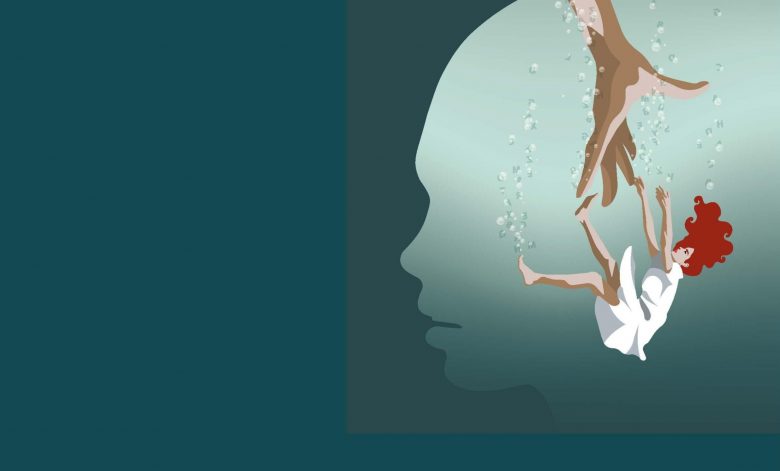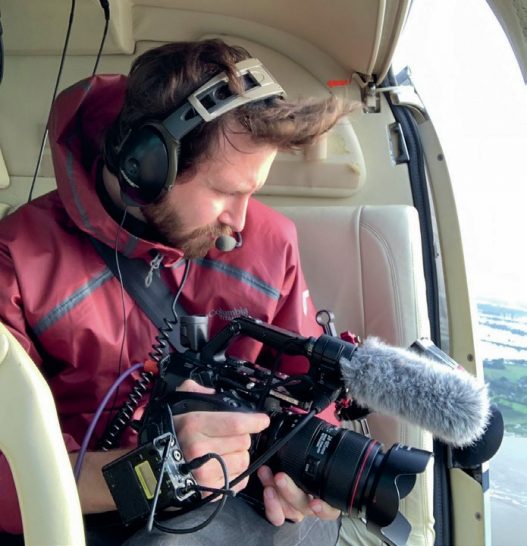I studied A-level psychology and wanted to become an educational psychologist. At that time you had to be a qualified teacher to do educational psychology, so I applied for and completed an undergraduate degree in education and sciences. However, I then discovered that the degree did not have graduate basis registration (GBR) to the British Psychological Society (BPS) — this is needed before you can apply for doctoral training in psychology. So next I had to complete a conversion course to get GBR. But, while I was completing the conversion course I decided I was more interested in clinical psychology. To do this most people first do a masters degree and then the doctoral degree, so the masters was my next step.
After the masters and before the doctoral degree I also needed to have some experience working in the NHS as an assistant psychologist in order to have a realistic understanding of what the job entails. This involves working alongside clinical psychologists and carrying out intervention under supervision. I got a job with the Children and Adolescent Mental Health Services (CAMHS) working with people with autistic-spectrum disorders (ASD) and attention deficit hyperactivity disorder (ADHD). More recently I have been seconded to work at Reading University for a few days each week to develop patient public involvement (PPI) within research projects. (See PSYCHOLOGY REVIEW, Vol. 22, No. 3 for a more detailed explanation of PPI.)
Your organisation does not have access to this article.
Sign up today to give your students the edge they need to achieve their best grades with subject expertise
Subscribe



